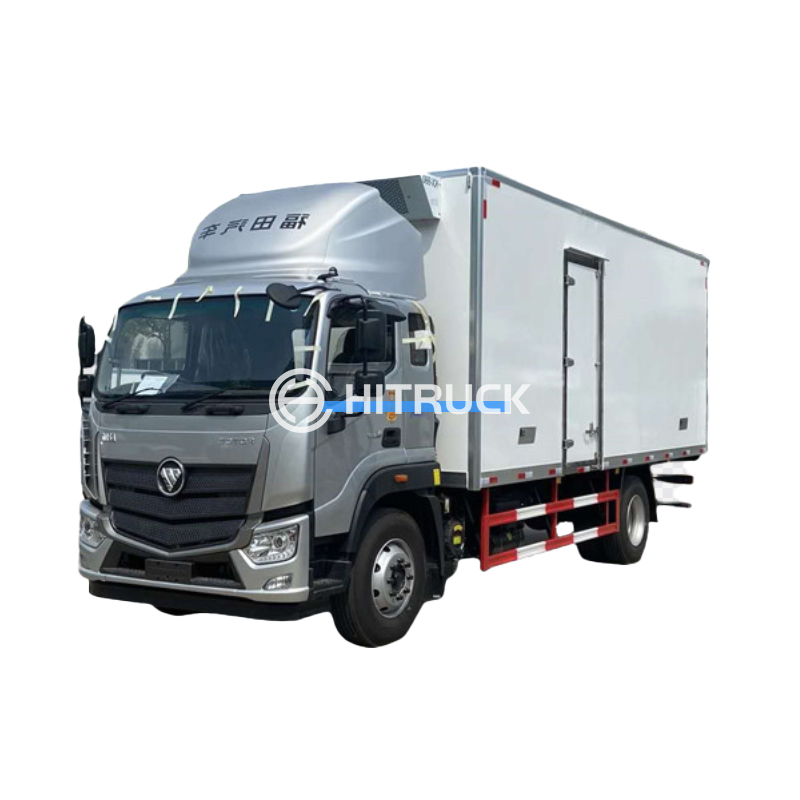This comprehensive guide explores the diverse world of overhead crane systems, providing insights into their various types, applications, safety considerations, and selection criteria. We'll delve into the factors you need to consider to choose the optimal system for your specific needs, ensuring both efficiency and safety in your operations. From understanding load capacities and spans to navigating the complexities of different drive mechanisms and control systems, this resource will equip you with the knowledge to make informed decisions.
Overhead traveling cranes are the most common type, consisting of a bridge structure running on runways, supporting a hoist trolley that moves along the bridge. These systems are highly versatile and adaptable to various industrial settings. Their capacity ranges widely, accommodating a broad spectrum of lifting needs. Consider factors like the required load capacity, span, and lifting height when choosing an overhead traveling crane. For heavy-duty applications, robust designs with high-performance motors are essential. Companies like [insert reputable crane manufacturer name here] offer a wide selection of these systems.
Gantry cranes are similar to overhead traveling cranes but differ in their support structure. Instead of runways, gantry cranes stand on legs, providing flexibility for applications where fixed runways are impractical. They are often used outdoors or in areas with limited overhead clearance. Their design allows for easy movement and adaptability to changing operational needs. Selection of a gantry crane should factor in ground conditions and the need for stability.
Jib cranes offer a more compact and often less expensive solution for lighter lifting tasks. These cranes have a fixed mast and a jib that rotates, providing a limited but efficient lifting radius. They are ideal for workshops, smaller factories, or areas with limited space. Factors like reach and lifting capacity should be carefully assessed before choosing a jib crane. Their simplicity makes them easy to install and maintain.
The most crucial factors are the required load capacity (the maximum weight the crane can lift) and the span (the distance between the crane's runways or legs). These parameters directly influence the crane's structural design and the power of its motors. Accurately assessing these needs is paramount to avoid system overload and ensure operational safety.
Overhead crane systems employ various drive mechanisms, including electric, pneumatic, and hydraulic systems. Electric drives are most common due to their precision, efficiency, and ease of control. Pneumatic and hydraulic systems are often used for specialized applications. Choosing the right drive mechanism will depend on factors such as the required lifting speed, duty cycle, and environmental conditions.
Modern overhead crane systems incorporate sophisticated control systems, often featuring programmable logic controllers (PLCs) and human-machine interfaces (HMIs). These systems enhance precision, safety, and efficiency. Advanced features like load monitoring, overload protection, and remote control are increasingly common, improving workplace safety and operational effectiveness.
Regular inspection and maintenance are crucial for the safe operation of overhead crane systems. This includes checking for wear and tear, lubrication of moving parts, and testing of safety mechanisms. Following established safety protocols, such as proper training for operators and adherence to load limits, is essential to prevent accidents and ensure a safe working environment. Compliance with relevant safety standards and regulations is non-negotiable.
Selecting a reputable supplier is vital. Look for a company with extensive experience in overhead crane systems, a proven track record of quality and safety, and a strong commitment to customer service. Consider the supplier's ability to provide ongoing maintenance and support after the sale. For superior products and services, consider exploring options from industry leaders like [insert another reputable crane manufacturer name here]. Companies such as Suizhou Haicang Automobile sales Co., LTD, https://www.hitruckmall.com/, may also offer related services or equipment within their comprehensive portfolio.
Choosing the right overhead crane system involves careful consideration of various factors, including load capacity, span, drive mechanism, and control system. Prioritizing safety and selecting a reputable supplier are crucial for ensuring long-term efficiency and minimizing risks. By understanding these key elements, you can make an informed decision that optimizes your operations and enhances workplace safety. Remember that regular maintenance and adherence to safety protocols are essential for the continued safe and efficient operation of your overhead crane system.












